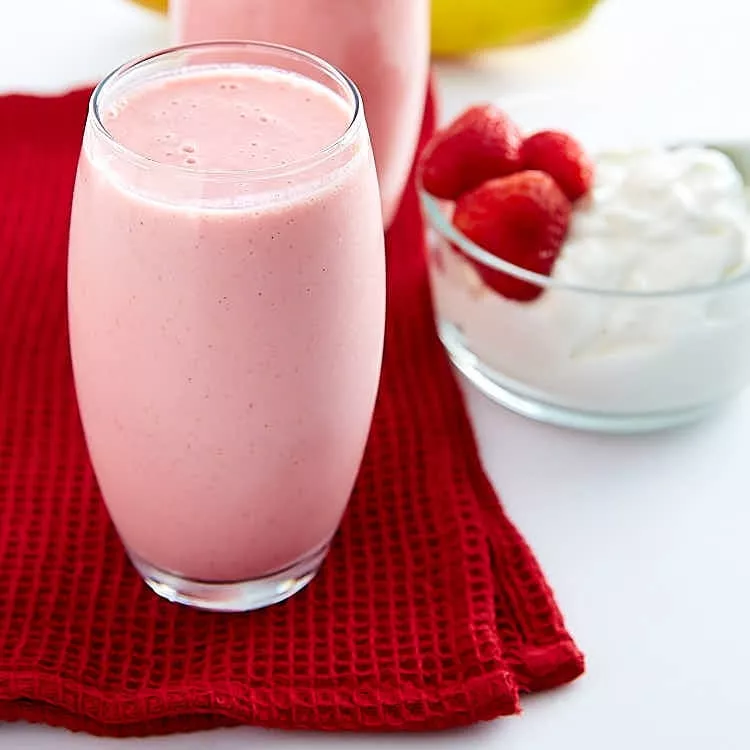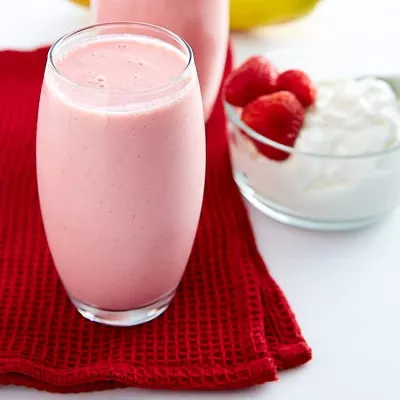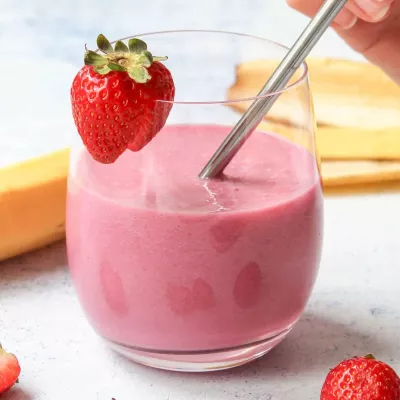 Education
Education
 Performing Arts
Performing Arts
 Equipment
Equipment
 Marketing
Marketing
 IT and Programming
IT and Programming
 Graphics Design
Graphics Design
 Writing
Writing
 Culinary Arts
Culinary Arts
 Beauty
Beauty
 Sports
Sports
 Decor
Decor
 Business
Business
 English
English








Delve into the world of homemade goodness with our 'How to Make Yogurt at Home' lesson! Learn the art of crafting creamy, delicious yogurt right in your kitchen. From selecting the perfect starter culture to achieving the ideal texture, we'll guide you through the entire process. Say goodbye to store-bought yogurt and hello to fresh, customized flavors tailored to your taste buds. Let's whip up a batch of wholesome goodness together!
Yes, yogurt is highly nutritious and beneficial for health. It is rich in protein, calcium, vitamins, and probiotics, which support digestion and gut health. Consuming yogurt regularly can contribute to overall wellness and may help maintain a healthy weight.
Greek yogurt is strained to remove whey, resulting in a thicker, creamier texture compared to regular yogurt. It also has a higher protein content and lower carbohydrate content per serving. However, both types of yogurt offer similar health benefits and can be used interchangeably in recipes.
Yes, yogurt contains probiotics, which are beneficial bacteria that promote digestive health. These probiotics help maintain a healthy balance of gut flora, which can aid in digestion, reduce bloating, and alleviate symptoms of irritable bowel syndrome (IBS).
Many people with lactose intolerance can tolerate yogurt because the live bacteria cultures used in yogurt production help break down lactose. However, individuals with severe lactose intolerance may still experience symptoms, so it's essential to choose lactose-free or low-lactose yogurt options if
Yogurt should be stored in the refrigerator at temperatures below 40°F (4°C) to maintain freshness and prevent spoilage. Once opened, yogurt containers should be tightly sealed to prevent exposure to air and odors. It's best to consume yogurt within the expiration date for optimal quality.
You may also like the following gigs

